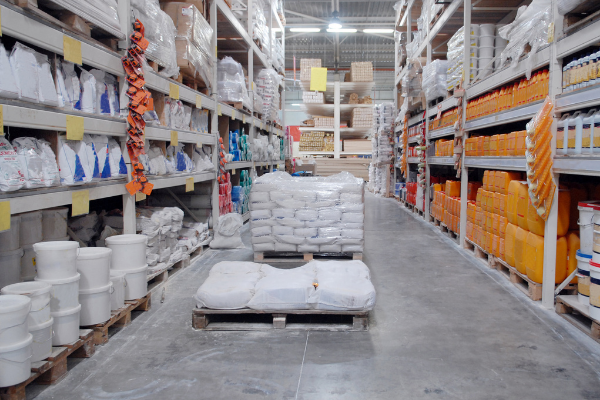Much has been written over the last year and a half about the rising price of materials. Pandemic related supply chain disruptions appear to be one of the major causes, but increased demand is also contributing. Parties that are in the middle of construction projects are having to determine which is responsible for the increased costs. Parties that are contemplating new contracts, knowing about the volatility in the market, also need to consider how best to proceed. The contract between the parties is often determinative, but there are other legal doctrines that may excuse performance and should be considered as well.
Pandemic related price increases may be evaluated in light of a force majeure clause within the contract. A force majeure clause may void the contract if an unforeseen event occurs that is considered to be an “act of God.” It is important to include these clauses in construction contracts because they protect against unforeseen events that make performance impossible. It is important to note the impossibility standard here is very high. The specific events that qualify for force majeure treatment are often debated. It is for this reason that drafting clauses that specifically cover the pandemic within the force majeure clause is advisable. Although pandemics may not fit neatly into this category, a good argument can be made that contracts should be void if materials are impossible to obtain as a result of the pandemic.
A more pertinent contract clause known as a material price escalation clause, or a price escalation clause, is specifically designed to allocate the risk of increasing prices, regardless of the cause. Using a price escalation clause may be advisable because it is more flexible. It can be written in such a way that both parties share in the risk. It can be written in such a way that it does not take effect until after the price has increased by a designated percentage. It can include a cap on the amount. It could be tied to termination.
Although a clear contract is the best and most definitive method of addressing the possibility of price increases, there are other common law doctrines that may also be implicated. One such doctrine is known as commercial impracticability. Commercial impracticability is a defense to the nonperformance of a contract when unforeseen events make performance of the contract incredibly difficult, although not necessarily impossible. An increase in price is not necessarily a basis to claim commercial impracticability unless the price escalation is extreme. Application of equitable doctrines like this are often a matter of degree. Courts typically have a fair amount of discretion when considering equitable issues.
It is far better to negotiate and clearly delineate the rights of the parties in the contract, but when that does not happen, there are other potential defenses to nonperformance as a result of price increases. Every case is different and the facts must be considered on a case-by-case basis.
Click here to view the article on the AGC website.


